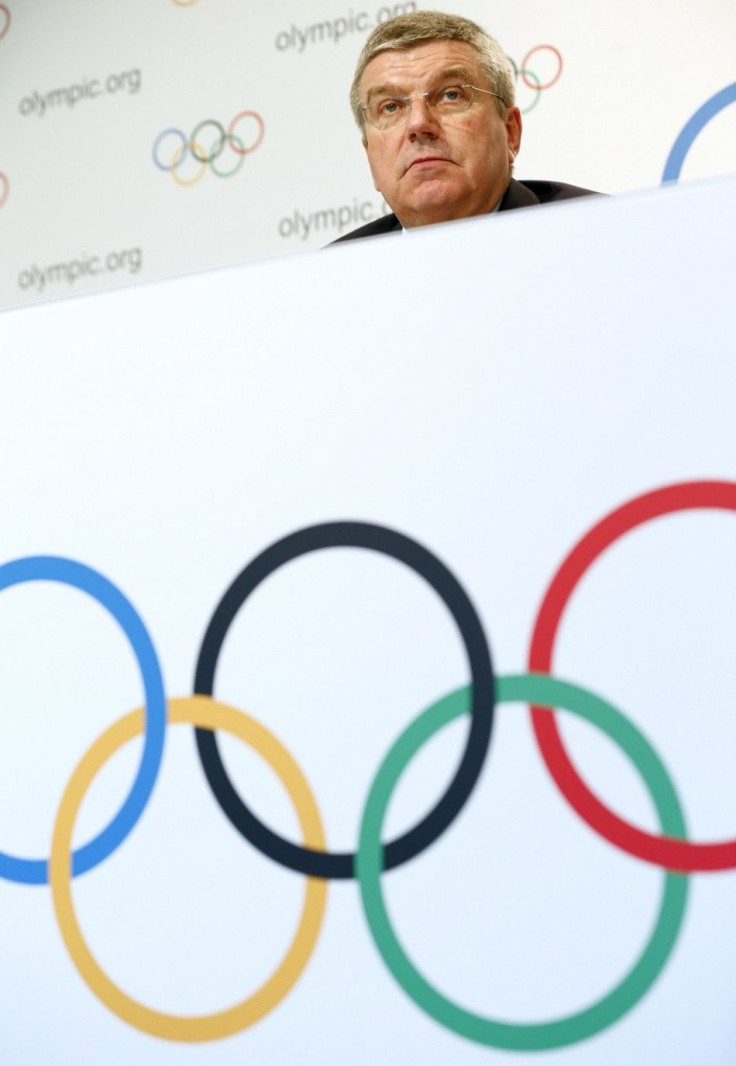Only 2 Bidders Left For 2022 Winter Olympics Hosting As Oslo Withdraws Over Fears Of Spending On White Elephants

The future of the Summer and Winter Olympic Games could be at risk as more cities realise how expensive it is to host the sporting event held every four years. This logistical concern was highlighted after Oslo withdrew this week its bid to be the host city for the 2022 Winter Games.
The Norwegian government advised Oslo to pull out its bid, leaving Beijing in China and Almaty in Kazakhstan as the only contenders. The pullout has angered the International Olympic Committee (IOC), reports Business Insider.
Oslo is the sixth European city to back off its bid after Krakow, Munich, Davos/St Moritz, Lviv and Stockholm also withdrew over expectations that revenue would be lower that cost. Hosting the winter games in 2022 is expected to cost $5.4 billion, half of which is expected to be shouldered by Oslo, while total cost for constructing the venues alone is a staggering $2.7 billion.
In advising Oslo to pull out, Norwegian Prime Minister Erna Solberg said on Wednesday, "A big project like this, which is so expensive, required broad popular support and there isn't enough support for it."
Oslo was supposed to be the leading contender for the hosting based on the initial assessment of an IOC working group in May based on 14 categories which includes safety, environmental impact, quality of the Olympic Village and experience in hosting sports events.
The Norwegian capital city had an average score per category of 8.9 out of 10 and it scored equal or better than Beijing in 12 of 14 categories. Oslo also had higher scores than Almaty, except for government support.
According to the average grade per category, Oslo had an average score of 8.9 in a best-case scenario and 7.3 in a worst-case scenario. Beijing had 8.3 and 6.6, respectively, while Almaty had 7.3 and 5.3.
In the past, bidding to host an Olympic games was considered a long-term economic investment, but recent experience of Athens and Beijing found the local governments owning large stadiums and other venues for sports events that had little use after the international games. After two weeks of use, these infrastructure facilities become white elephants since these venues as not even suited for daily use by residents.
There too is the stress of rushing the construction and providing security and transport that had resulted in many gaffes and embarrassing experience for last Winter Games host, the Russian city of Sochi, which was notorious for its two toilets in one cubicle, no water from the tap and other details that caused the host city to be red-faced.
YouTube/9TV Philippines





















